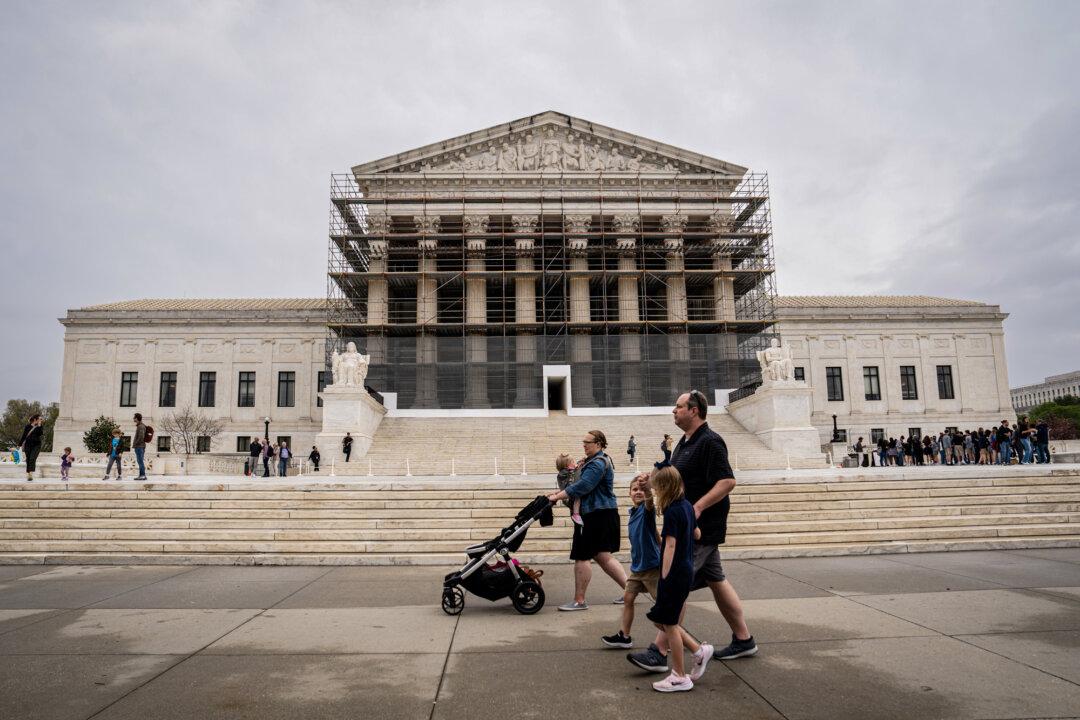The Supreme Court seemed receptive on April 22 to Maryland parents who want to opt their young children out of having to be taught from storybooks that promote LGBT lifestyles.
The justices heard 2 1/2 hours of oral argument in Mahmoud v. Taylor.

The Supreme Court seemed receptive on April 22 to Maryland parents who want to opt their young children out of having to be taught from storybooks that promote LGBT lifestyles.
The justices heard 2 1/2 hours of oral argument in Mahmoud v. Taylor.